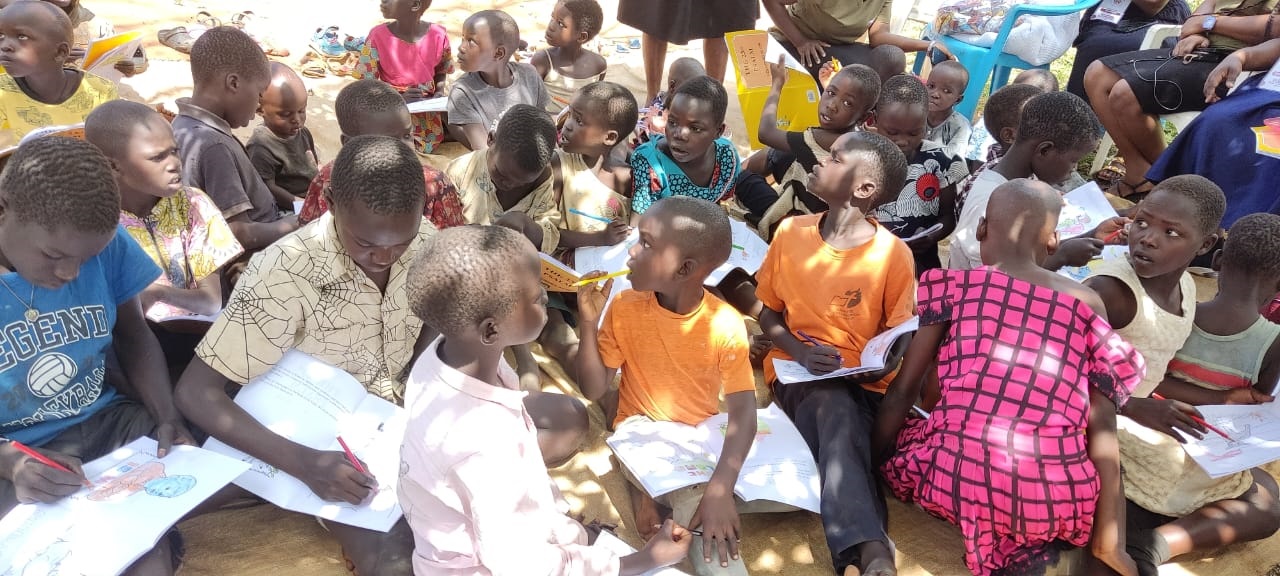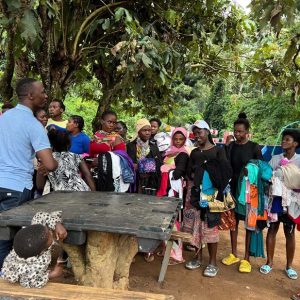Introduction
In many rural areas of Northern Uganda, education has long been hindered by inadequate resources, outdated teaching methods, and a lack of professional development for teachers. INUA Uganda is transforming this narrative through Continuous Professional Development (CPD) programs that equip teachers with innovative teaching methods. This blog explores how CPD is enhancing classroom experiences and improving student outcomes in Northern Uganda.
The Need for Continuous Professional Development
Teachers in rural Uganda often face challenges such as overcrowded classrooms, limited teaching materials, and minimal opportunities for professional growth. CPD provides teachers with ongoing training and support, ensuring they stay updated with modern teaching practices and can effectively address the diverse needs of their students.
Innovative Teaching Methods Introduced by CPD
1. Student-Centered Learning
CPD encourages teachers to shift from traditional lecture-based methods to student-centered learning. This approach fosters active participation, critical thinking, and problem-solving skills among students. Teachers are trained to use group discussions, peer learning, and hands-on activities to make lessons more engaging.
2. Use of Technology in the Classroom
INUA’s CPD programs introduce teachers to digital tools and resources that enhance teaching and learning. Teachers learn to integrate technology such as educational videos, interactive apps, and online resources into their lessons, making learning more dynamic and accessible.
3. Differentiated Instruction
Recognizing that students have varying abilities and learning styles, CPD trains teachers to implement differentiated instruction. This method involves tailoring teaching strategies and materials to meet the individual needs of each student, ensuring that all learners, including those with special needs, can thrive.
4. Collaborative Teaching Techniques
CPD promotes collaboration among teachers through peer observation, co-teaching, and professional learning communities. These practices allow teachers to share knowledge, refine their skills, and support each other in delivering quality education.
5. Assessment for Learning
Teachers are trained to use formative assessments to monitor student progress continuously. This method helps identify learning gaps early and provides timely feedback, enabling teachers to adjust their instruction to improve student understanding.
Impact of CPD on Classrooms in Northern Uganda
The CPD programs implemented by INUA Uganda have brought significant positive changes to classrooms, including:
- Improved Student Engagement: Interactive and participatory teaching methods have made learning more enjoyable and meaningful for students.
- Enhanced Academic Performance: Students benefit from tailored instruction and timely feedback, leading to better academic outcomes.
- Empowered Teachers: Continuous training boosts teachers’ confidence and competence, enabling them to deliver high-quality education.
- Inclusive Education: Differentiated instruction ensures that all students, regardless of their abilities, receive the support they need to succeed.
Success Stories
Teacher Grace’s Experience: Grace, a primary school teacher, credits INUA’s CPD program for transforming her teaching approach. She now uses group activities and digital resources to make lessons more engaging, resulting in improved student participation and performance.
Impact on Students: Students in schools supported by INUA report that learning has become more enjoyable and less stressful. Many students have shown remarkable improvement in their grades and confidence.
Conclusion
Innovative teaching methods introduced through Continuous Professional Development are revolutionizing classrooms in Northern Uganda. INUA Uganda remains dedicated to supporting teachers and enhancing the quality of education in rural areas. By investing in teacher development, we are ensuring that every child receives the best possible education, paving the way for a brighter future.




